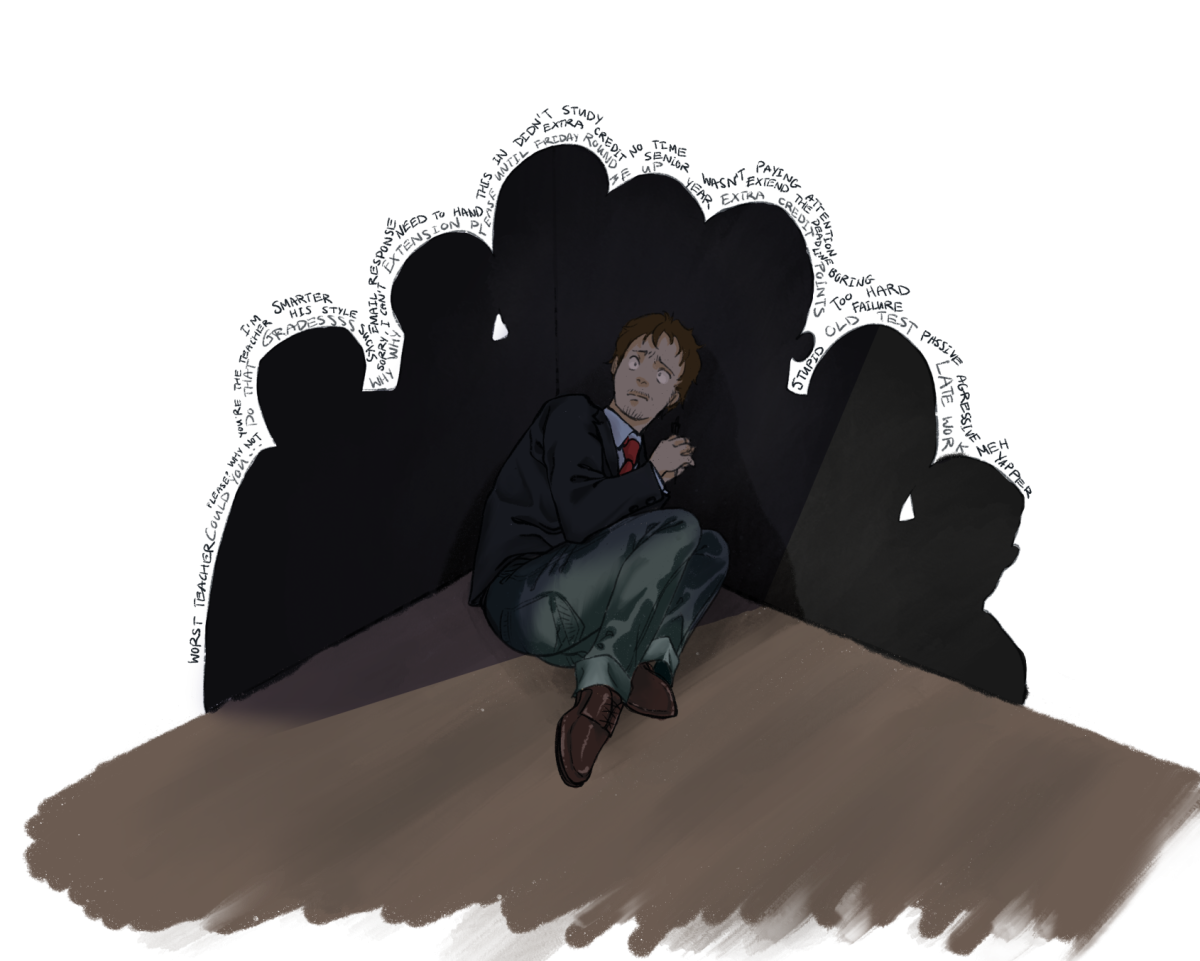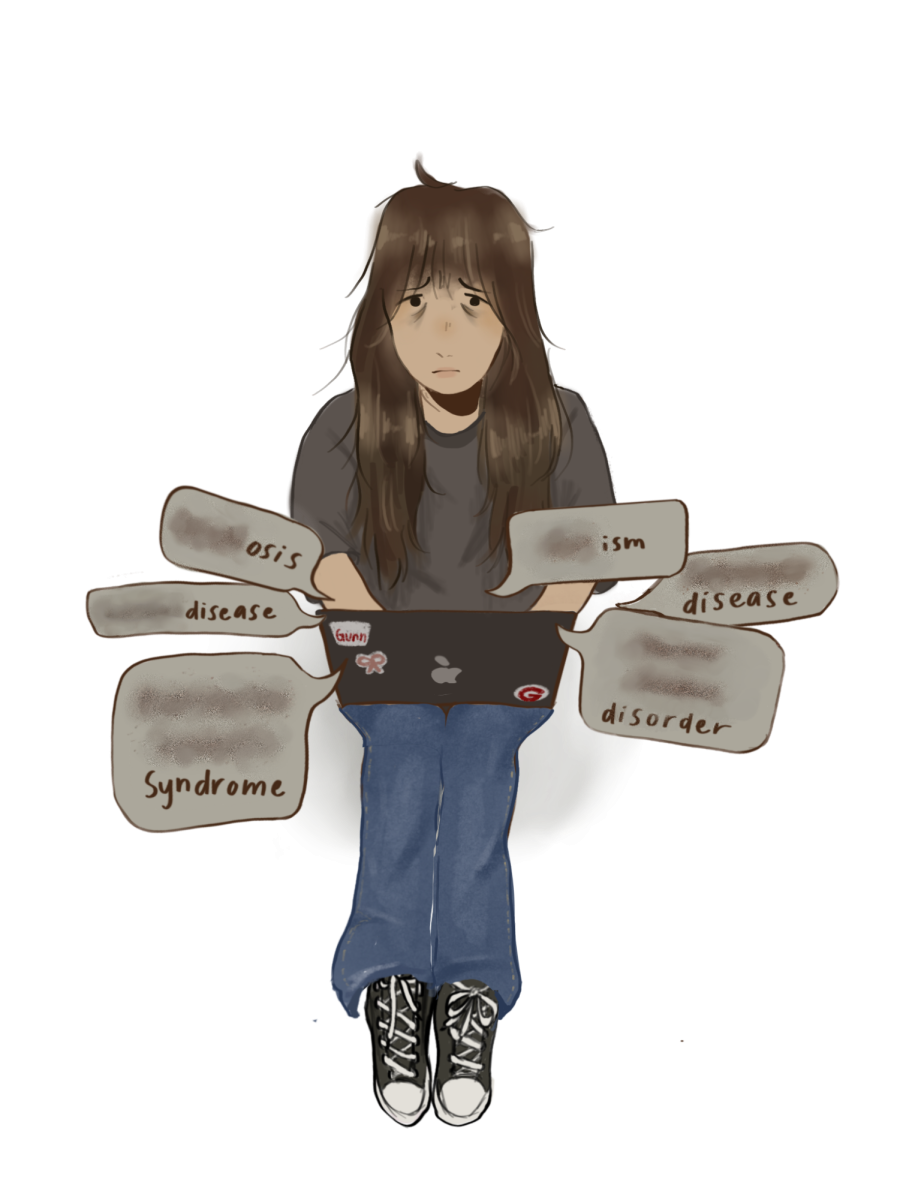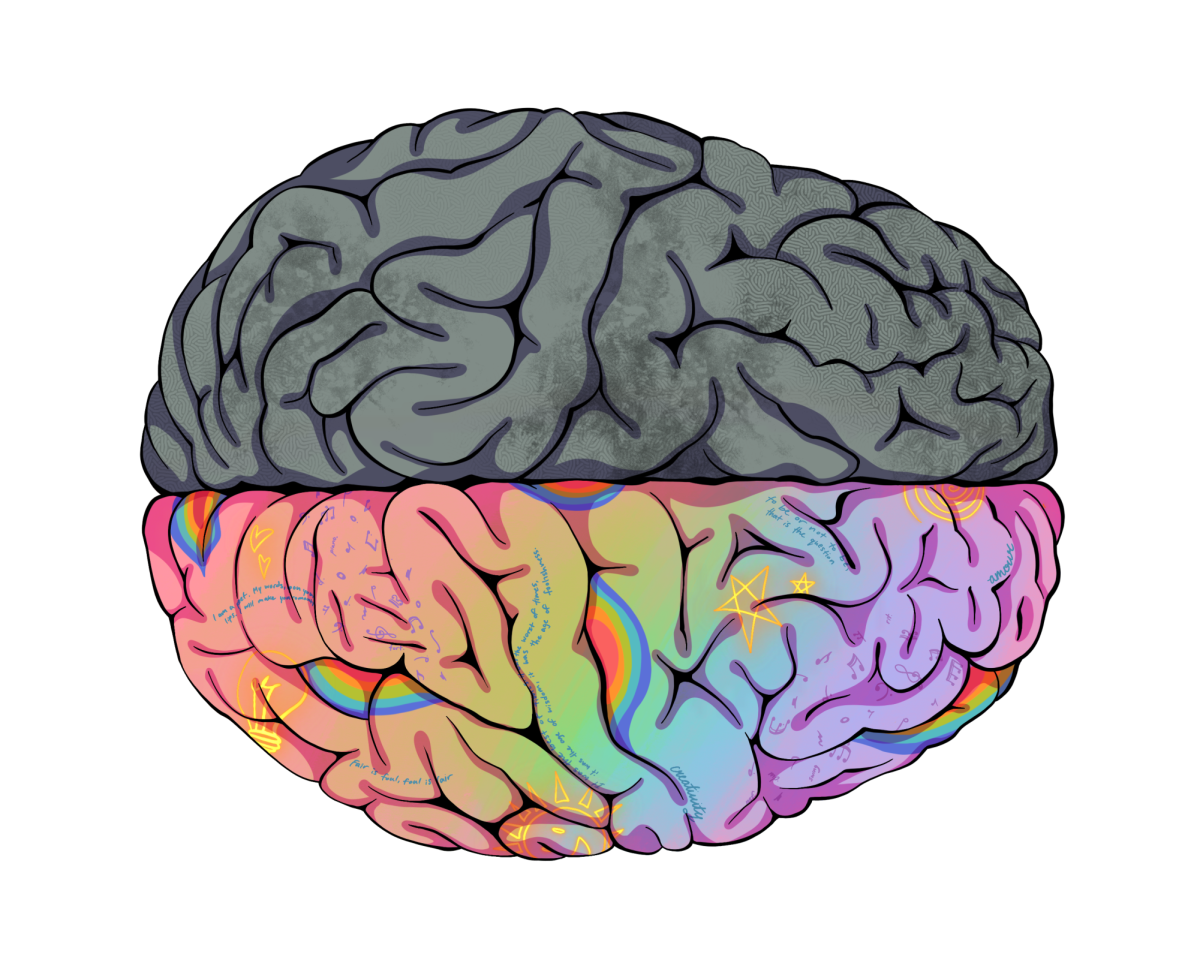Written by Elinor Aspegren
College campuses have created safe spaces for many marginalized groups. Women, sexual assault victims, LGBTQA+ youth and people of color now have a chance to feel protected on campus. In this effort to create acceptance, however, free speech has suffered.
Hate speech, as defined by the American Bar Association, is “speech that offends, threatens or insults groups, based on race, color, religion, national origin, sexual orientation, disability or other traits.” Freedom of thought and expression was once essential to any higher learning, but now it is threatened by speech codes.
According to the Foundating for Individual Rights in Education, 248 of America’s largest and most well-known colleges maintained policies that restrict a substantial amount of speech guaranteed under the First Amendment in 2012. While speech codes may seem like a valuable tool in preventing campus harassment, the fundamental right to free speech should not be restricted to prevent hate speech. Hateful ideas (whatever that constitutes) are just as constitutional under the First Amendment as every other idea.
To be sure, there are some kinds of speech unprotected by the First Amendment, but these aren’t necessarily hate speech as hate speech is defined. For instance, there is an exception for “fighting words”—face-to-face, one-on-one personal insults addressed to a specific person that are likely to start a fight.
A ban on selective hate speech, however, is unconstitutional. And for good reason—restricting the speech of one group or individual jeopardizes everyone’s rights, simply because the same laws used to silence bigots can be used to silence everyone else. Under the indivisibility principle, if a government denies rights such as hate speech, it affects the ability to exercise rights like activist speech.

According to the American Civil Liberties Union, under a speech code in effect at University of Michigan, white students in 20 cases charged black students with offensive speech. One of these cases resulted in the punishment of a black student for using the term “white trash” in conversation with a student. The code was struck down as unconstitutional in 1989.
Speech codes, like the ones being placed on campuses around the country, not only limit both types of speeches, but they also exacerbate the problem. By banning hate speech, campuses are merely driving biases underground, where they can’t be addressed. Therefore, people who may originally say hateful things will simply live with their biases, marinating with them until they culminate into something catastrophic.
When policies suppress speech because of its potential to be offensive, the students suffer because they do not learn the difference between right and wrong. It undermines the ability for students to understand each other and it impedes students’ education.
What, then, is the appropriate response to hate speech? How do we quell hate speech in schools without limiting rights? The reason why speech codes are wrong is because it impedes understanding—therefore, the only way to stop hate speech is to take an educational approach. Universities are obligated to create an environment that fosters tolerance and mutual respect among members of the campus community, an environment in which all students can exercise their right to participate fully in campus life without being discriminated against.
Therefore, universities must speak out loudly and clearly against expressions of racist, sexist, homophobic and other bias, and react promptly and firmly to acts of discriminatory harassment. This doesn’t mean, however, that universities should punish students. Rather, they should use students who use hate speech as examples, publicly and privately admonishing the individual. And they must make sure that their definition of hate speech stays within the legal definition—we must not punish those who are trying to do right.
While this may not stop hate speech, it should teach those most impressionable that hate speech is wrong. As American Civil Liberties Union Executive Director Ira Glasser stated in a speech at the City College of New York: “There is no clash between the constitutional right of free speech and equality. Both are crucial to society. Universities ought to stop restricting speech and start teaching.”











